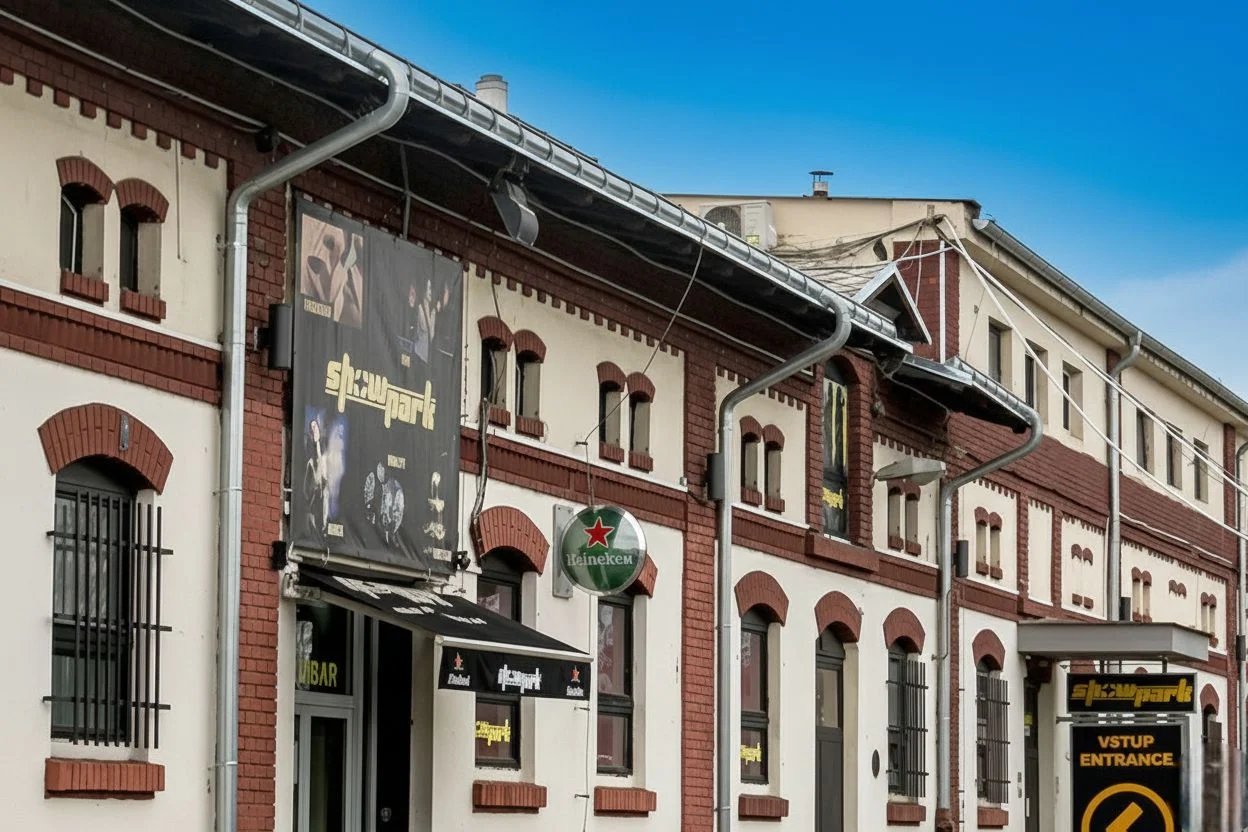
Czech Ministry of the Interior Publishes Extremism Report for the Second Half of 2024
Xenophobic and Extremist Movements: Threat from Online Radicalisation and Kremlin Propaganda
The spread of prejudice, support for the Kremlin’s policies in Moscow, and online radicalisation characterised the xenophobic and extremist scene in the Czech Republic during the second half of last year. This is according to the latest extremism report from the Czech Ministry of the Interior, published on Friday.
The Ministry’s report on extremism and prejudiced hatred for the second half of 2024 shows that physical violence and the organisation of mass gatherings that disrupt public order are not yet widespread in the Czech Republic. However, a gradual increase in security risks can be observed. “The majority of extremist and xenophobic groups in the Czech Republic support hybrid actions from abroad that are directed against our country through their activities. If we underestimate or downplay this danger, it could have fatal consequences for the Czech Republic,” said Interior Minister Vít Rakušan regarding the report.
During the reporting period, xenophobic and extremist groups frequently disseminated prejudiced statements. A large part of this spectrum also expressed support for the Kremlin regime. Most of these incidents took place online.
According to the report, online radicalisation, in particular, poses a serious risk, as it can affect people who would not otherwise join a xenophobic or extremist group. Particularly in the far-right environment, radicalisation occurs online, with ideas promoting the acceleration of social change through direct violent action. The potential for the spread of these ideological concepts is also amplified as their protagonists have effectively infiltrated the so-called video game community.
As for the anti-system movement, its activities partially declined in the second half of last year. Criminal proceedings were initiated against some of its leaders for their previous activities, which placed limits on the anti-system scene. As a result, the movement was unable to organise a major public event during the reporting period, and its protagonists gradually began to fade into obscurity by the end of the year.
The police registered 159 hate offences throughout the past year. A total of 119 people were prosecuted. The most common offences involved violence and threats against groups of citizens and individuals.



